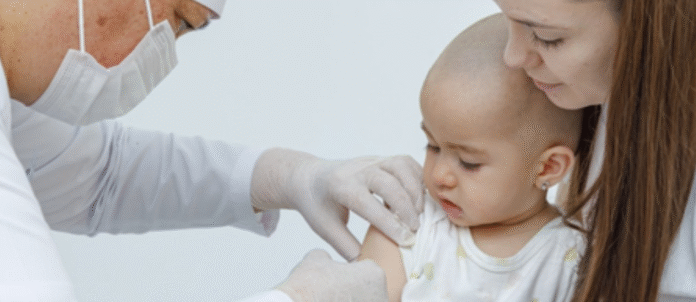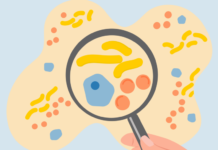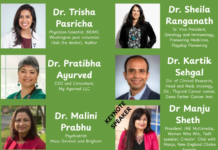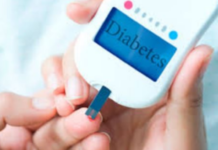NEW DELHI — Health experts have warned that personal bias and blind belief continue to fuel the long-debunked claim that childhood vaccines increase the risk of autism, calling renewed attention to a non–peer-reviewed report that has gained traction among anti-vaccine groups.
The controversy was reignited after the U.S.-based McCullough Foundation self-published a report claiming vaccination is “the most significant preventable driver” of autism. The report, uploaded on Zenodo without peer review, has drawn support from several vaccine skeptics, including Zoho founder Sridhar Vembu.
“There are many people who take an anti-vaccine stand. We saw the damaging effects of their propaganda during the early part of the pandemic — when tens of thousands of people died of severe Covid-19 simply because they were afraid to vaccinate,” said Dr. Rajeev Jayadevan of the Indian Medical Association in Kochi. “Unfortunately, anti-science views are fashionable in certain circles, driven by personal bias, blind belief, and a fascination with conspiracy theories.”
Experts pointed out that the McCullough Foundation report lacks scientific rigor and credibility. “It is curious that Andrew Wakefield, whose fraudulent 1998 study falsely linking vaccines to autism was retracted from The Lancet, is listed among the authors,” Dr. Jayadevan said. “The new report merely compiles opinions, weak data, and valid studies as if they hold equal scientific weight — that is not a valid research methodology.”
Dr. Shefali Gulati, pediatric neurologist at AIIMS, said that despite decades of scientific evidence proving the safety and life-saving benefits of childhood immunization, vaccine hesitancy remains a serious post-pandemic challenge.
“A key driver of this hesitancy is the enduring myth that vaccines cause autism — a theory that has long been debunked but refuses to disappear from public discourse,” she said, citing her editorial in the journal Autism that discussed the resurgence of measles and other preventable diseases in the U.S. and Europe.
Experts warned that misinformation and fearmongering could lead to declining vaccination rates and a comeback of “lethal but vaccine-preventable diseases that had once been conquered.”
According to the World Health Organization, global immunization programs have saved roughly 154 million lives over the past five decades — the majority of them infants under one year old.
Dr. Gulati urged healthcare professionals to combat misinformation with empathy and clear communication. “We must engage with parents, validate their concerns, and counter myths with compassion and facts,” she said. (Source: IANS)














